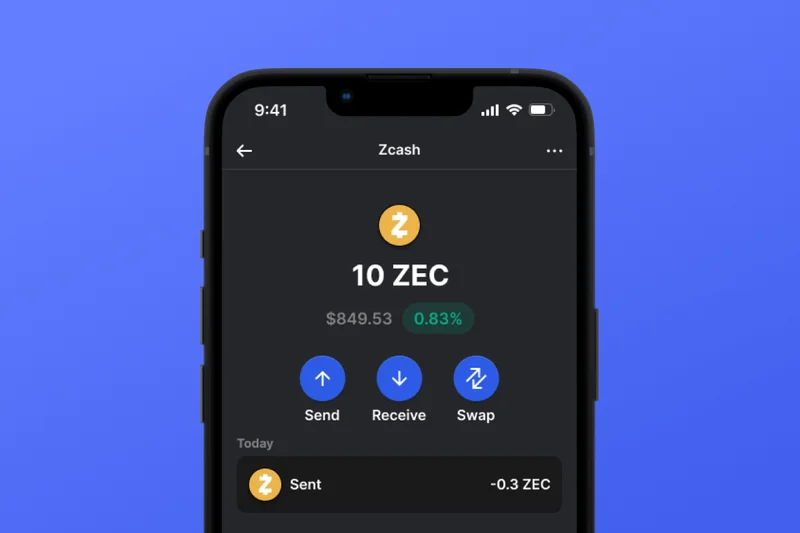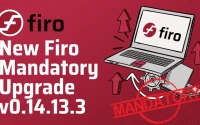Zcash, a privacy-focused cryptocurrency, has seen a meteoric rise, surging 33% on a recent Friday to nearly $735. That’s a tenfold increase in just five weeks. The immediate narrative? Heightened privacy concerns surrounding Bitcoin, exacerbated by the harsh sentencing of a Bitcoin privacy app developer. But let’s dissect the numbers before we jump on the bandwagon.
The Liquidation Cascade
The surge triggered $51 million in short liquidations, placing Zcash third in crypto liquidations behind Bitcoin and Ethereum. Sounds impressive, right? Well, consider the context: Bitcoin saw $150 million liquidated, and Ethereum, $146 million. Zcash’s figure, while significant for its size, pales in comparison. It's a smaller boat rocking harder in the same storm.
The argument is that anxieties about Bitcoin’s privacy and decentralization are driving this Zcash rally. Zcash uses zero-knowledge proofs to enable anonymous transactions. The question is, are these anxieties new, or are they merely newly priced in? Bitcoin has never been truly anonymous, and corporate influence has been a growing concern for years. Why the sudden panic now?
Arthur Hayes, co-founder of BitMEX, claims Zcash is now the second-largest liquid asset in his family office portfolio, Maelstrom, after Bitcoin. This is a strong endorsement. However, we don’t know the size of his Zcash holdings relative to his Bitcoin. Is it 90/10? 60/40? The devil, as always, is in the (unavailable) details. Hayes stating this on social media is a very public declaration, but the numbers are what matter. Arthur Hayes Puts Zcash Right Behind Bitcoin in His Portfolio

Fundamentals vs. Sentiment
Zcash remains 79% below its all-time high of $3,191 set in 2016. (A high that may have been fueled by different market dynamics). That's a long way to go to reclaim former glory, and it shows that the recent surge, while dramatic, is still a blip in the long-term picture.
The Electric Coin Company (ECC), the team behind Zcash, is rolling out upgrades to the Zashi wallet and transaction security. This includes multisig Pay-to-Script-Hash support for the Keystone wallet. All good, but these are incremental improvements, not revolutionary leaps.
The elephant in the room is regulation. Privacy coins have always been in the crosshairs of regulators, and that hasn't changed. The sentencing of the Samourai Wallet developer underscores the very real legal risks associated with privacy-focused crypto. The Trump DOJ requested the maximum sentence, which is a point that needs to be considered when evaluating the long-term prospects of a privacy-focused cryptocurrency.
I've looked at dozens of these surges, and the pattern is consistent: a narrative emerges (in this case, privacy concerns), a price pump follows, and then… reality sets in. The underlying technology needs to be groundbreaking, the adoption widespread, and the regulatory environment favorable for sustained growth. Zcash faces significant hurdles on all three fronts.
A Fleeting Moment of Privacy?
The surge is real, the narrative is compelling, but the data suggests caution. Zcash's rally is more likely a confluence of factors – a bit of genuine privacy concern, a dash of market manipulation, and a whole lot of FOMO (fear of missing out). The underlying fundamentals haven't fundamentally shifted enough to justify a tenfold increase in value. The market will likely correct itself.










